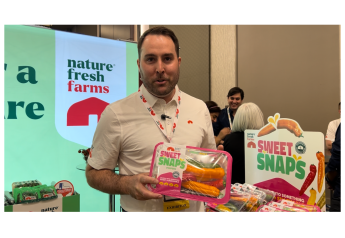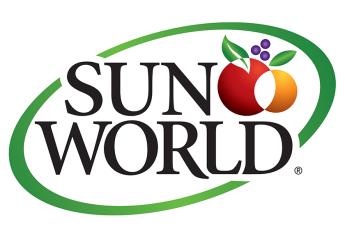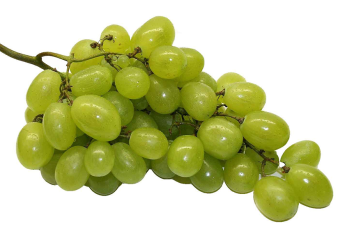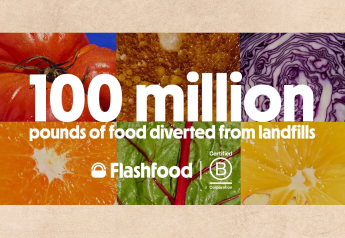Copefrut addresses mitigating and neutralizing its carbon footprint
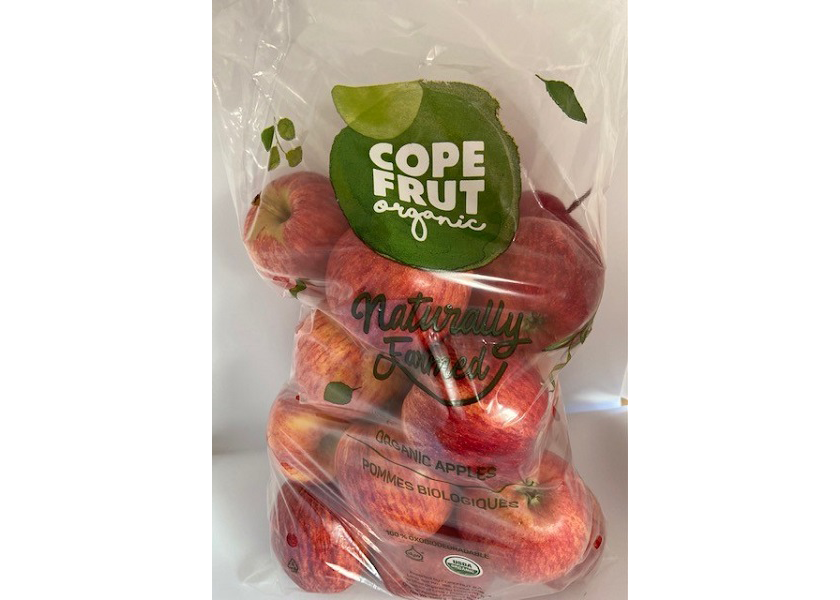
Climate change is a complex problem that has the world searching for solutions and, at a local level, consumers and intermediaries opting for products from industries that are transparent, verifiable and trustworthy regarding their manufacturing processes, production and distribution.
It is no longer the same to buy cosmetics that are tested on animals or to consume products that emit too much CO2 in their production. The data is clear: to stop the climate crisis, it is necessary to reach carbon neutrality by 2050.
What can the agricultural industry do to be an active participant in this challenge? One of the main steps is to commit to measuring, reducing and offsetting its carbon footprint. According to Natural Capital Partners, an internationally recognized carbon neutrality certification: “It is a clear and transparent way to demonstrate that a company meets the highest quality and sustainability standards.”
In this sense, one of the pioneers in innovating and facing the paradigm shift in the fruit industry is the Chilean company Copefrut, with more than 65 years in the market for the production and export of traditional and organic fresh fruit. “We have been leaders in modernizing the work style to be in line with the commitment to agriculture, communities and the environment. Now we want to rely on our sustainability work as a key value of our company, obtaining this and other essential certifications, that boost the sector and help to create a positive beyond the business,” Felipe Casanova, Commercial Manager of Copefrut.
This is how the company decided to measure the carbon footprint in part of the production chain of organic apples, an action that allowed them to evaluate the CO2 emissions from the delivery to the United States and Europe of this fruit during a twelve-month period.
The full charging of more than 175 million cell phones, the daily use of almost 300 vehicles per year or the annual energy use of 160 homes, is the equivalent to 1,378 metric tons of CO2 that was evidenced in the transport of apples.
How did the company make up the energy once estimated? Through three important projects: the conservation of Valdivian Coastal Reserve in Chile, one of the largest temperate rainforests left in the world; the conservation of the Amazon Rainforest in Brazil; and participation of a Wind Farm in India.
These relevant initiatives are part of a comprehensive sustainability strategy that the company has been developing for some time, which also includes energy efficiency actions, water conservation and the creation of the Recyclable Materials Index.
“The certification for the measurement and compensation of emissions is just the beginning of a path that the company has decided to take with its original cooperative spirit and in its role as leader in the field. We have our sights set on the future of the agribusiness, in the imminent exponential deterioration of the planet if we do not commit ourselves as companies,” Felipe Casanova, Commercial Manager of Copefrut said.
This is in line with what was stated by António Guterres, General Secretary of the UN, who warned that, “last year 1.2 degrees Celsius were registered more than in preindustrial times, which is dangerously close to the 1.5 degree limit established by the scientific community. With the current commitments, we are heading for a disastrous 2.4 degree temperature rise by the end of the century”.
Faced with this scenario, the call for all the industries is to act now. What is your company doing? The cost of solving climate change today is hundreds of times less than the future cost of adaptation. Copefrut has already started.
In its second year, this virtual education-focused event will deliver live networking events and 20+ sessions that will provide the best in-depth information on the issues and challenges that matter to your business, including: Water conservation and policy, Social responsibility, Carbon management, Best of marketing and merchandising, Packaging innovations, and Trends and data from The Packer’s annual sustainability survey.



